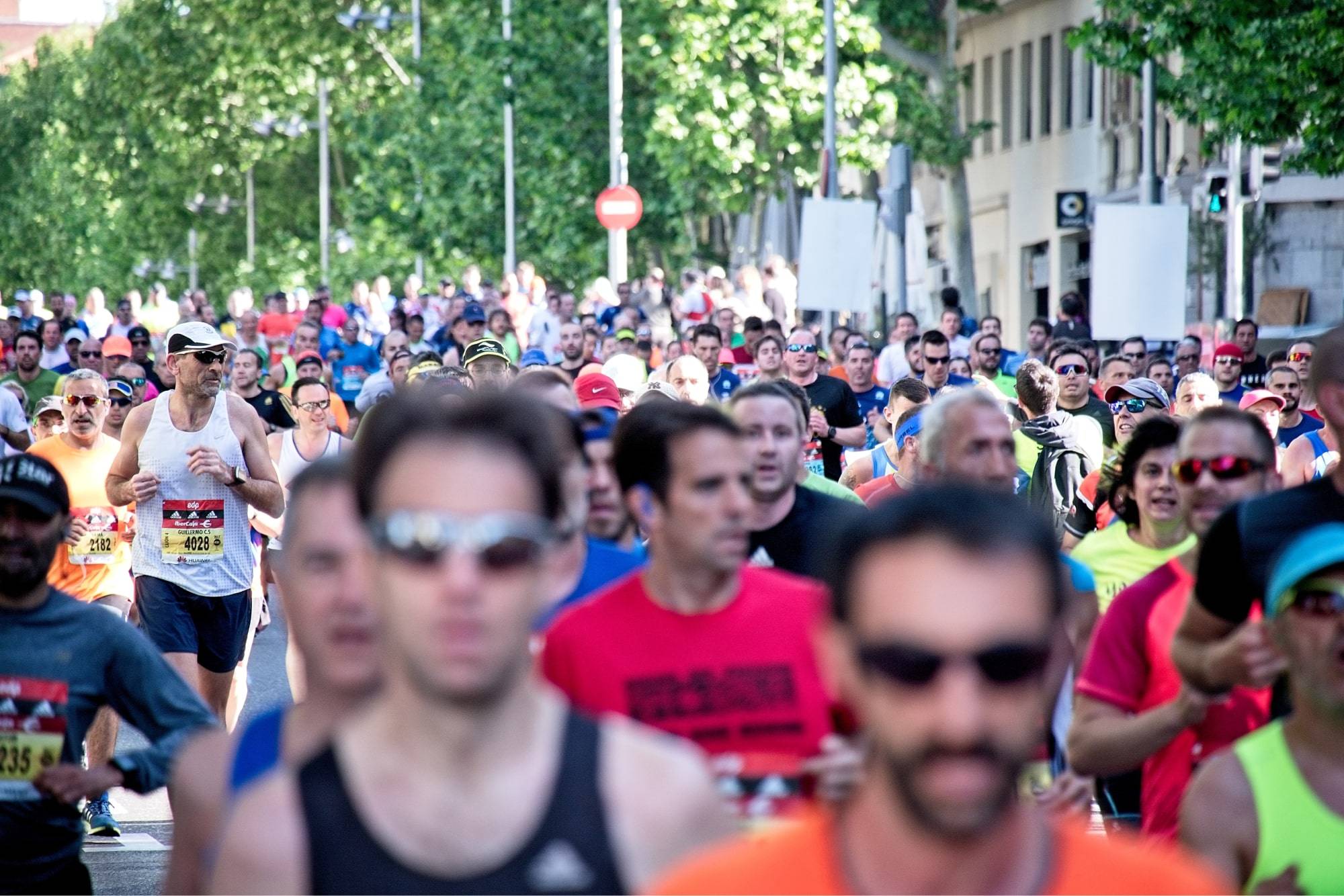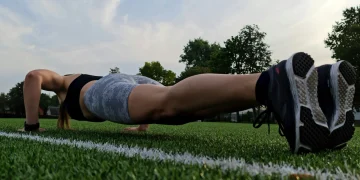Is running good for you? Definitely! But what are the exact benefits of marathon running?
The obvious reasons for running a marathon are clear – the positive impact on physical and mental health. Running helps reduce the risk of dangerous diseases, prolongs the duration and quality of life, and improves mood and self-esteem. Weight loss and a strong cardiovascular system are other positive effects, but research is constantly revealing new benefits of long-distance running.
Of course, some people are worried about whether their bodies will be harmed by intense training and exhausting competitions, especially if poorly prepared. But the health benefits outweigh the risks when training is done according to the rules.
15 Reasons Why It Is Worth Running a Marathon
So, why do people run marathons? Here are 15 reasons for you.
- Researchers analyzed the lifestyles of 55,000 people over 15 years and found that regular running prolongs life by 3 years. All thanks to running providing cardio, which is necessary for good heart health.
- According to recent studies, people who run regularly have a 45% reduced risk of death from heart attacks and strokes and a 30% reduction in premature mortality.
- Marathons help arteries regain some youthful elasticity and seem to improve cognitive brain function and eye health, as demonstrated by a recent study by scientists from the University of Augsburg in Germany.
- To travel, especially if you decide to get a collection of marathons-majors. The World Marathon Majors is the most prestigious running series in the world. Since 2006, it has been held annually, and today it includes marathons in London, Boston, Berlin, Chicago, New York, and Tokyo. Every devoted fan dreams of getting to one of these.
- Strengthen the power of the spirit. Marathon running helps you stay focused and mentally strong.
- Improve endurance. A marathoner is a strong and sturdy person. Well-renowned New Zealand coach and one of the leading ideologues and popularizers of running, Arthur Lydyard, in his book “Running with Lydyard”, describes endurance as “the ability to endure a certain work by improving the condition of the cardiovascular and respiratory systems and all major muscle groups, rather than training individual muscles that allow you to lift more weight.”.
- Get rid of stress and be emotionally relaxed. Mental health benefits are difficult to overestimate. Running reduces anxiety and depression. When you run, blood circulation to the brain is increased, and the part of your brain that responds to stress and improves your mood is affected. This causes a change that temporarily improves your reaction to stressful situations and helps to alleviate symptoms of mental illness. Regular running can have the same effects as medication for symptoms of anxiety and depression.
- Be part of history. The marathon was included in the very first Olympic Games (1896). The competition took place on April 10, 1896, on the Marathon-Athens track. The running distance was about 40 kilometers. The first winner of the competition was the Greek Spyridon Louis, who beat his compatriot Harilaos Vasilakos and the Hungarian Dyula Kellner. Another Greek, Spiridon Belokas, initially took third place, but he was later disqualified because it was determined that he had driven part of the distance in a horse-drawn cart.
- To earn respect. Relatives, friends, colleagues, and even strangers will admire your strength and endurance and want to be like you. It is also a good way to promote a healthy lifestyle.
- Feel the buzz. Being around like-minded people, feeling supported, and being understood without words is inspirational.
- Discipline. You will not be able to finish the distance without training, and the acquired discipline will be useful in the future.
- To set a goal. Setting a goal and achieving it, even if it is difficult, is generally a very useful skill in life.
- To experience the “runner’ high,” which occurs over long distances when you seem to stop feeling pain and fatigue.
- To raise self-esteem and feel like a better you today than yesterday. Running improves self-esteem and confidence and reduces mood swings, stress, and anxiety. It also improves sleep, giving you more energy and increasing your focus.
- Get a cool medal. The marathon award “weighs” more emotionally than the others. The medal is an actual physical award to celebrate all the hard work that has gone into finishing the distance. It is a great way to commemorate your accomplishment.
How to Start Running
Your first run will probably be challenging, but you will notice progress on the second run: it will get easier, and you will be able to run a little longer and a little further. In any case, the goal is important to maintain motivation. The most popular and ambitious goal in running is the marathon. Running 26 miles is not easy, but it is a goal that can be achieved in a year or so if desired.
After the first marathon, you can set other goals, such as running an ultramarathon, learning to run a marathon faster, adding cycling to running, and triathlons.
The good news is that running is a very simple sport in terms of the necessary equipment and gear. You only need a pair of marathon running shoes – ideally sneakers with soft soles.
Beginners can try for a pace of 7:30 (about one and a half times faster than walking speed), and more experienced runners between 5:00-6:00, depending on the distance.
You need to determine your maximum heart rate to avoid getting close to it if possible. The most accurate way is to undergo an appropriate examination. And the simplest is using the formula “220 minus your age”. For example, for a 30-year-old person, the maximum heart rate will be 190.
In general, there are five heart rate zones:
- white (50-60% of maximum heart rate);
- blue (60-70%);
- green (70-80%);
- yellow or orange (80-90%);
- and red (90-100%).
It is recommended to start with the white zone for people in poor physical shape – overweight or after a long illness. But in the vast majority of cases, running will take place in the green zone.
Unprepared people often go into the red zone even when running slowly. In this case, It is recommended to alternate running with walking, then gradually increase the duration of the run and reduce the duration of the movement step by step.






